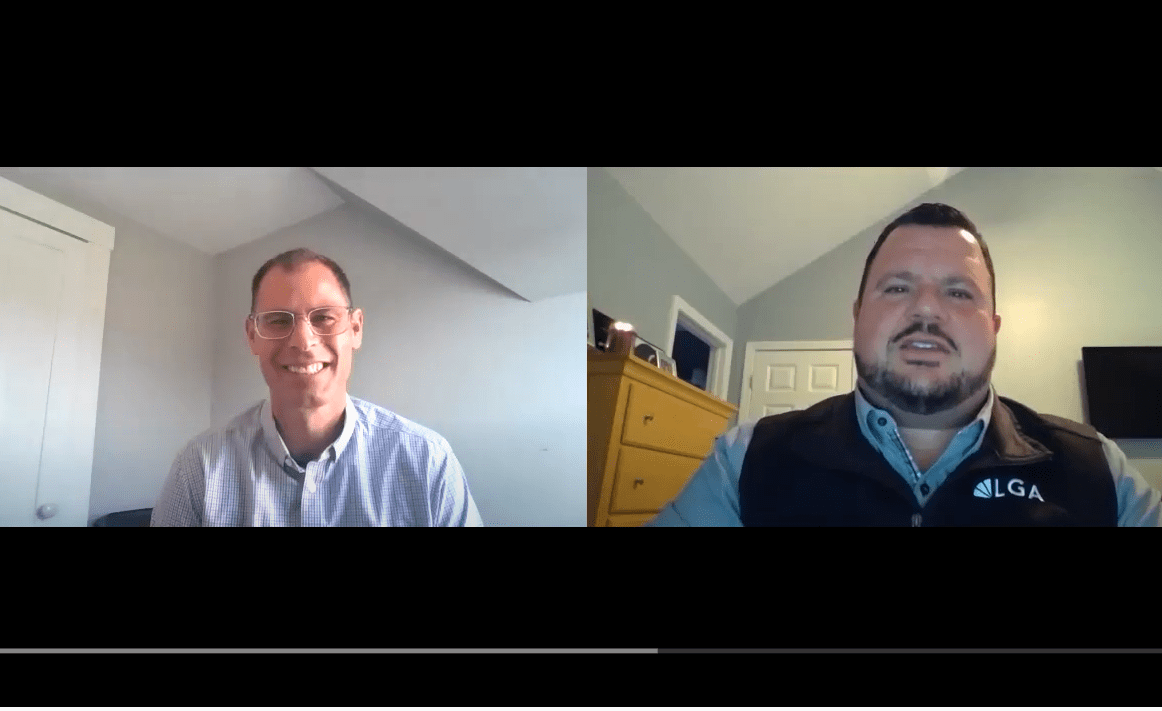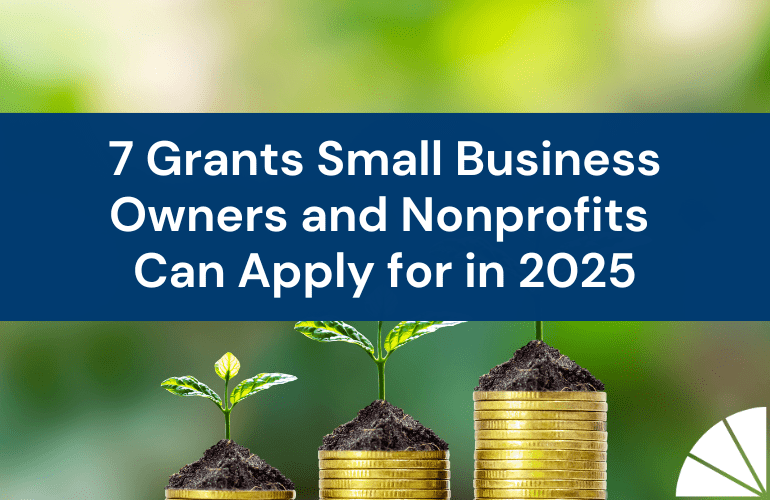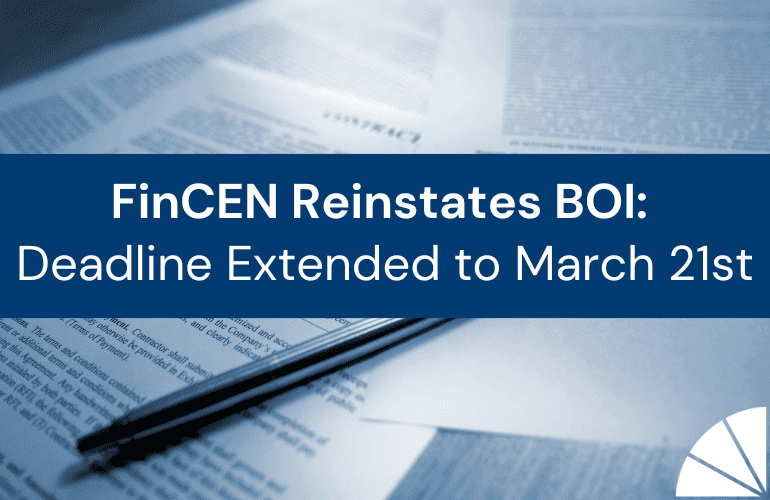
COVID-19 has forced many employers to adopt new policies and procedures. By now, you may be used to the accommodations required of telecommuting, but what about how it could affect your taxes? If you have employees who typically worked in your office, and are now working from home out-of-state, you may be required to file nexus. LGA’s Managing Partner John Geraci speaks with Partner Derek Silveira about this topic that may be new to many employers, particularly in the Northeast.
If you have any questions about business tax, the professionals at LGA are here to help. Contact us today.
—
Full Transcript:
[John]: Hi, this is John Geraci Managing Partner of LGA. And today I’m here with Derek Silveira who’s a partner in the tax department at LGA, and we wanted to share a little bit about telecommuting and it’s a word that’s being thrown around a lot in this sort of post COVID era. And we wanted to bring, bring some light to it today. So Derek, can you just from a big picture standpoint, talk about what telecommuting means.
[Derek]: Telecommuting is where an employee works in another state from their employer.
[John]: Okay. So, so essentially what you’re saying is somebody historically let’s say worked in Massachusetts, the company required all their employees to work out of their office. Um, and so the company didn’t necessarily care where their employees lived or where they were coming from. So under telecommuting, I guess it’s now where that they’re still working for that same Massachusetts company, but maybe that office is closed. And so they’re working in their home states now where they live or a vacation home.
[Derek]: That’s correct.
[John]: Okay. So, so why does that matter to businesses and this concept that we’re hearing, where there’s some potential tax issues with that.
[Derek]: John, that has the potential to cause nexus, which is an additional filing requirement possibly for the, uh, for the employer.
[John]: Okay. So it creates nexus and nexus is a, is a funny term, but I guess when you really boil it down, it just means, um, if you have a presence in that state, typically it’s property sales or payroll. So what we’re saying, I guess, is that now an employee, um, has never worked in, let’s say Rhode Island before, um, they always worked out of the Massachusetts office, but now that they’re working in their home in Rhode Island, that company may have nexus in Rhode Island now. Yeah.
[Derek]: That’s correct. And it depends on the state by state basis, but, um, that, that one employee could create a filing requirement.
[John]: Okay. So that’s wow. That could, that could be a lot of extra work. So right now is, is it, is this the hard and fast rule or is every state looking at it differently?
[Derek]: Certain States treat it differently. Um, Massachusetts and New York are treating it a certain way. Whereas other states where folks are commuting from treat it, uh, are being a little more aggressive.
[John]: Sure. I guess it’s yeah. There’s some, some new tax revenue for those states. So I guess what do we tell businesses to do at this point where there’s still a lot of uncertainty and unknowns around this?
[Derek]: I would say that our business clients need to be a little mindful as to where their employees are telecommuting from and potentially keep records and, and, uh, and be aware of, of, um, what potential exposure down the road.
[John]: Yeah. And I suppose this isn’t just, you can’t even just go by where they live, because if they decided to go work out of a vacation home for four months or three months, it’s not even necessarily their residence anymore. It’s actually, where did they actually go work from? So it’s a, I guess it’s a whole other level of tracking that most organizations really probably haven’t given a lot of thought to, uh, historically, huh?
[Derek]: Yeah. John. And we also see some language in some of what we’re reading that the, um, these the DORs in certain states are going to come back after COVID, when they’re looking for additional revenues and potentially tax these telecommuters.
[John]: Wow. So, so that’s a lot. Um, and I guess it’s, it’s kinda hard to advise right now when, you know, we just know of sort of the threat and risk, as opposed to certainty with respect to how states are going to treat it. So I guess the message from us is just stay diligent, um, track it as best you can. If you have any questions on, um, how you should be evaluating nexus, obviously reach out to Derek or some other team member at LGA, and we’d be happy to walk you through it. Derek, I appreciate you taking the time to kind of bring some light to this. Thank you.
[Derek]: Thank you, John.
with John Geraci, CPA, MST and Derek Silveira, CPA, MST





